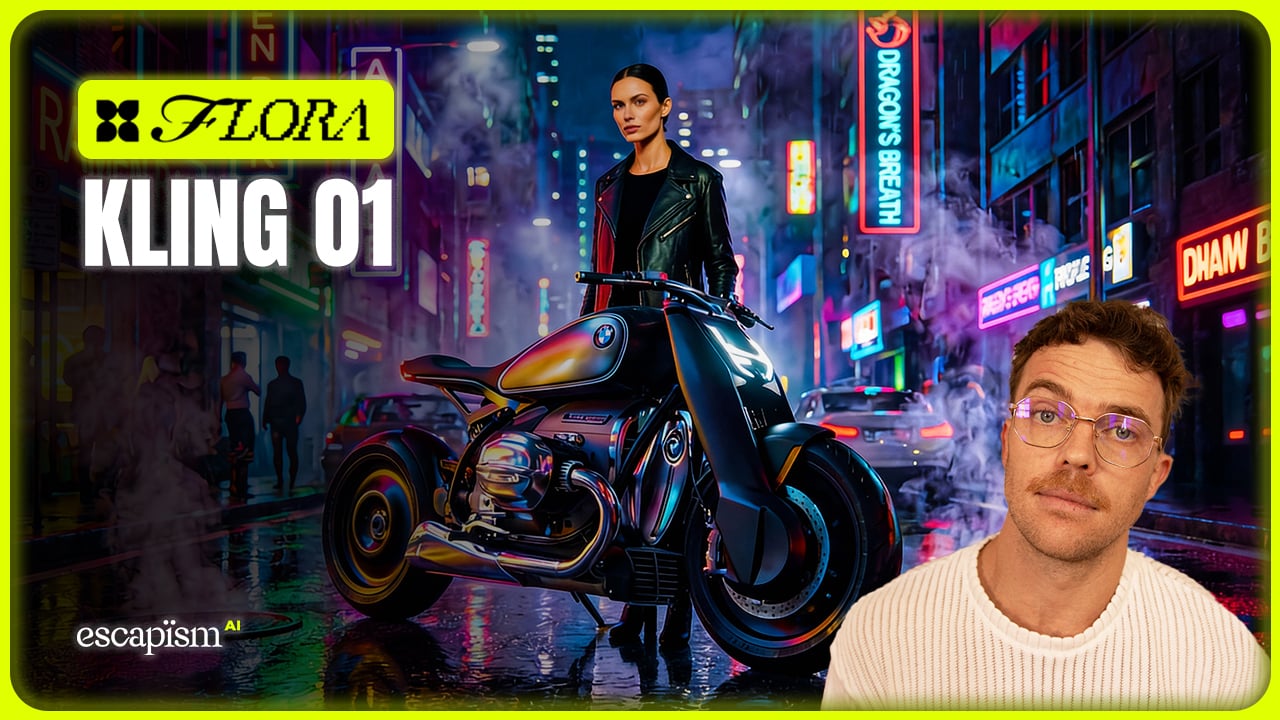As a content creator, I've watched AI tools revolutionize the creative process, making content production faster and easier than ever before.
However, this technological convenience is hitting a significant roadblock—brands are increasingly inserting specific clauses into contracts that ban or heavily restrict the use of generative AI in influencer marketing and sponsored content.
Why Brands Are Drawing the Line with AI
Brands are growing increasingly cautious about using AI-generated content because of potential risks to their reputation and authenticity.
There's a genuine concern that AI-produced visuals or text might misrepresent the brand's image or create confusion among consumers. Additionally, there are growing concerns about copyright and intellectual property issues when content created by AI resembles existing works.
"Brands want to be certain about the content they're associated with," one marketing executive told Digiday. "We're proactively addressing AI use in contracts because ensuring content authenticity is becoming critical to maintaining consumer trust."
What This Means for Your Creative Workflow
These new clauses have real implications for creatives.
For creators who don’t yet have brand deals, this shouldn’t be anything to worry about (until you do). However, influencers who regularly utilize AI to expedite the ideation, editing, or finalizing of their content will now have to pivot significantly.
These limitations could slow down content production processes, demanding more time, resources, and potentially even personnel to ensure compliance with contract requirements.
What This Means for Content Creators
Let's consider an influencer who typically leverages AI tools like Midjourney or Canva's AI image generation to quickly create branded social media posts.
With these new contract clauses, the influencer will now have to produce content manually or ensure explicit permission and clear disclosure if AI tools are involved.
This shift could potentially alter their workflow, content output rate, and the creative direction itself—affecting not just the influencers but also the brands that depend on their quick turnaround capabilities.
Future-Proofing Your Creative Career
As AI’s impact on creative industries evolves, influencers and marketers must remain agile. Being aware of contract terms, staying transparent about your creative processes, and clearly understanding your rights and responsibilities regarding AI usage are crucial for protecting both your creative integrity and professional relationships.
Staying ahead means embracing innovation thoughtfully—balancing creativity with authenticity.









